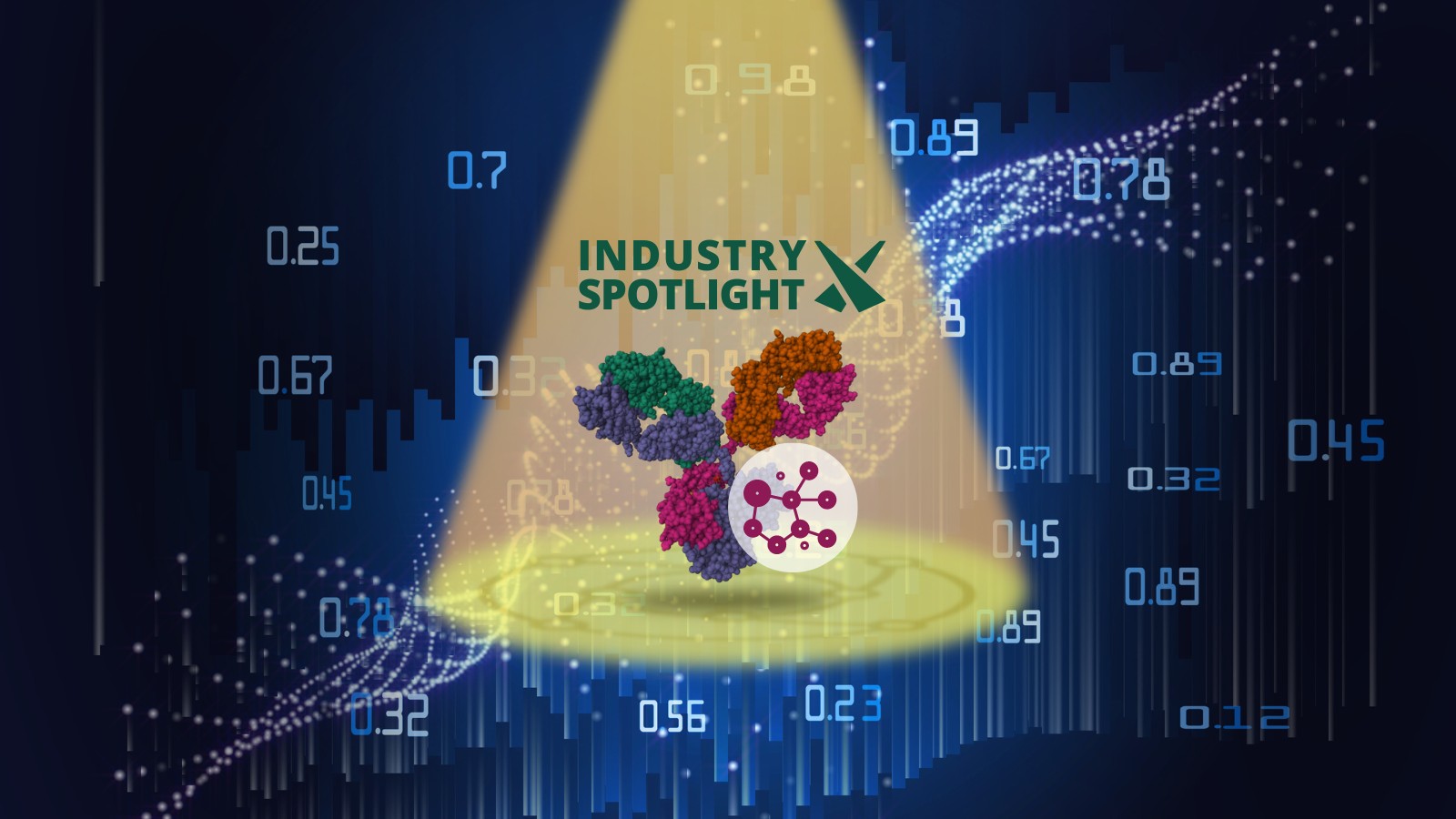Lantern Pharma Offers AI Platform for ADC Discovery with Bielefeld University

In a momentous collaboration, biotechnology company Lantern Pharma has joined forces with Bielefeld University in Germany. Lantern will leverage their cutting-edge artificial intelligence (AI) platform, RADR, to develop antibody drug conjugates (ADCs) for the treatment of advanced cancers.
Lantern’s RADR platform will serve as the foundation for advancing ADC candidates from the discovery phase to first-in-human clinical trials in an unprecedented timeframe of approximately two years or less. The platform's AI and ML ADC development module, announced earlier this year, is poised to propel the development of novel therapies.
RELATED:
- Monoclonal Antibodies: Guided Missiles in the Battle Against Cancer and More
- University of Sydney Enters New Drug Discovery AI Partnership with Pharos Tx
- AstraZeneca and Daiichi Sankyo Share Results of IO Combination Therapy in Ib Clinical Trial
ADCs are a novel targeted method for delivering cytotoxic molecules straight to malignant cells. To avoid the nasty side-effects associated with therapies such as chemotherapy, ADCs offer a way to kill only harmful cells, sparing healthy tissue. Using antibodies which are specific to antigens mainly found on tumour cells, ADCs deliver a cytotoxic payload which kill cancer cells. In this case cryptophycins are the payloads under investigation.
At the helm of this venture is Professor Norbert Sewald, a renowned expert in cryptophycins and the development of ADCs and other innovative delivery mechanisms. Professor Sewald, who also coordinates the Magicbullet::reloaded consortium dedicated to pioneering novel delivery systems, will lead the collaborative research efforts between Lantern Pharma and Bielefeld University.
Sewald expressed enthusiasm about the collaboration, stating, "We have ample experience in structure-activity relationships of cryptophycins as well in the synthesis of ADCs and small molecule-drug conjugates (SMDCs). Teaming up with top researchers from European academia and industry in the consortium of Magicbullet::reloaded further reinforced this capacity. We now look forward to the collaboration with Lantern."
As part of this partnership, Lantern gains exclusive access to license the intellectual property emerging from Professor Sewald's project. With his expertise, Sewald and his team will synthesize, develop, and conduct preclinical testing of cryptophycin-ADC drug candidates, laying the groundwork for their potential clinical application.
The end goal of the collaboration will be to use ADCs to deliver cryptophycins, which are exceptionally potent cytotoxic small molecules, directly to tumour cells. Cryptophycins have exhibited remarkable efficacy even at ultra-low concentrations. Researchers will conduct extensive tests to evaluate the efficacy of cryptophycin-ADCs across multiple cell lines, with preliminary preclinical results expected to emerge in 2023.
Kishor Bhatia, Lantern's Chief Scientific Officer, emphasised the potential of these molecules, saying, "Cryptophycins are an exciting family of highly potent heterocyclic peptides from Cyanobacteria that have demonstrated antitumor potency and can inhibit tumour growth by strongly interfering with microtubule stability and assembly."
As the partnership between Lantern and Bielefeld University takes shape, the industry watches with anticipation, hoping for groundbreaking advancements in cancer therapeutics that will enhance the lives of patients worldwide.
Get your weekly dose of industry news?here?and keep up to date with the latest?‘Industry Spotlight’ posts.?For other Discovery content, please visit the?Discovery Content Portal.





.png)

